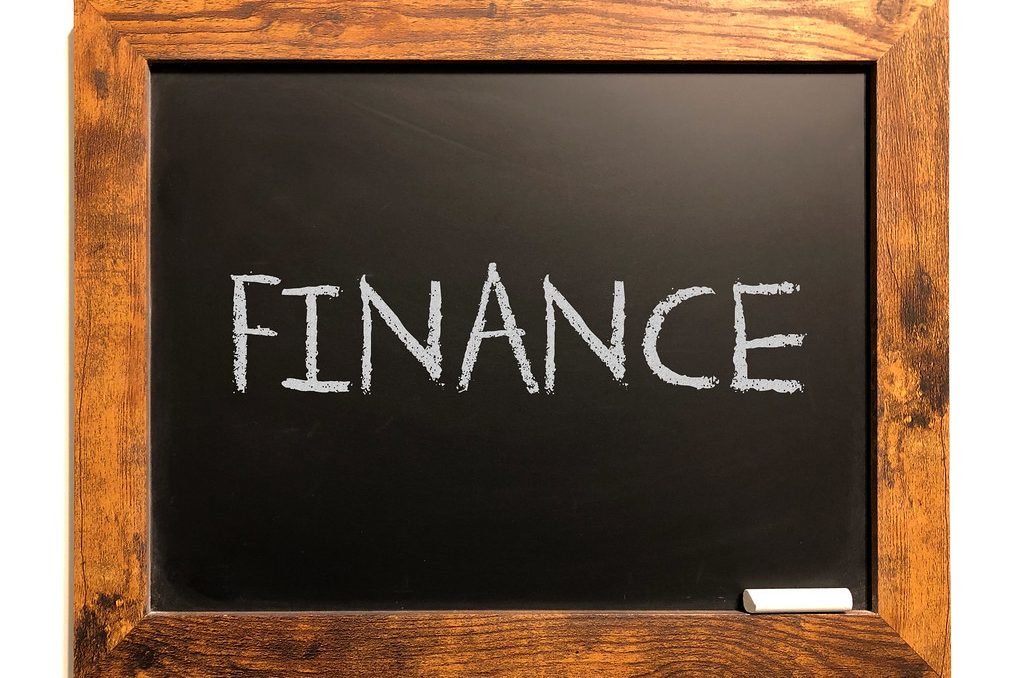Who knows what lessons life in lockdown will have taught us? There is agreement that things may never be quite the same, but less consensus about what form these changes will take. Will we return to eating out and jumping on planes for short breaks, as soon as permitted? Or will the experience of an event that, indubitably, merits the description ‘rainy day’ have given us an aversion to debt and a new desire to save money, rather than spend it?
The shock of the pandemic is hitting some households harder than others; the attrition rate among small businesses will be high. But even those who feel relatively secure, for the time being, realise that no-one will emerge entirely unscathed from the challenging times that lie ahead.
What lies ahead, and what to prepare your kids for
The extent of the pain will depend on the nature and the severity of the looming downturn, but this is an issue leaving economists at odds. The recession could be V-shaped, brutal but brief; or it may be U-shaped, with recovery taking longer. But it may also take the form of a ‘W’. Following a brief revival, we could be plunged again into a slump. Government data provides the basis for some of these forecasts.
Whatever recession type lies ahead, it will be a test of financial resilience that families ought to confront together. The enforced closeness of lockdown has meant that conversations between parents about money that used to be private may have spilled out into the open. While this may not be entirely welcome, Sarah Coles of Hargreaves Lansdown, the investment platform, suggests that talking about money with your children can instil useful habits.
Coles says: “As parents you will have some financial discussions in private, but, in general, it’s great to show kids that money isn’t a great taboo by talking openly with them about money matters.” She suggests that you can take this early financial education further by introducing money for such chores as tidying and wiping down surfaces – which needs to be done a great deal more in a locked-down home.
You can persuade your children to save this money by matching the amount of money that they put away. This can prove successful even with a too-cool-for-money-school teenager. At age 16, it is possible to open a Junior Individual Savings Account (Isa) paying a generous interest rate of 3% or more. In the Budget Rishi Sunak, the chancellor, raised the annual maximum that can be invested in a Junior Isa (which can hold cash or shares) from £4,368 to £9,000.
Resources to make the money lessons stick
Few teenagers will ever achieve such a goal. But the aim is to encourage mothers and fathers to contribute on behalf of their children, using the scheme to explain savings and investments. For details of cash Junior Isa accounts, go to https://moneyfacts.co.uk/isa/junior-isas. For information on stocks and shares Isas, click here.
BBC Bitesize has some useful content on how money works, such as https://www.bbc.co.uk/bitesize/topics/z8yv4wx. Young Enterprise, a charity that aims to give young people life skills (https://www.young-enterprise.org.uk ) suggests other ways to make your children recognise the value of money, using any opportunity, such as a shopping trip, to illustrate how bank accounts, savings accounts and taxes work. This may not help you win a popularity contest, but when your children go to university and start their first jobs, they will realise that this kind of information is power.
The use of cash has dropped during the lockdown, following the raising of the spending limit on contactless cards to £45 to prevent contagion. But when you are able again to pay in cash, it will be a way to explain to your children that money has to be earned before it is spent. This may earn some eye rolls, but it’ll sink in eventually.
If you still feel that you are failing to communicate, there are other methods. The daily TikTok videos from the financial literacy influencer Humphrey Wang @humphreytalks range from the real cost of a credit card to how much artists make from Spotify.
Coles suggests that you watch films such as The Big Short which sets out the background to the global financial crisis of 2008-2009 and Wall Street which is full of the 1980s outfits so fashionable today and contains the line: “Lunch is for wimps”, although for a teenager it can also be an opportunity to prepare the meal and clear up afterwards and reach your weekly chore earnings targets.
If you liked this article, we have plenty on how to conduct business savvily in the current environment; Nicola Hill wrote for us about how to best present yourself in videocalls. And we have another article on how to get into smartphone filmography! Or, for more from Anne, we have another article on the value of good exterior decor.




